While you could charge your EV at one of the 291 public fast charging stations or 1,580 charging locations around the country, most of them are located in NSW. Considering this, it may be suitable to get a home charger installed. So, what is the best option for you?
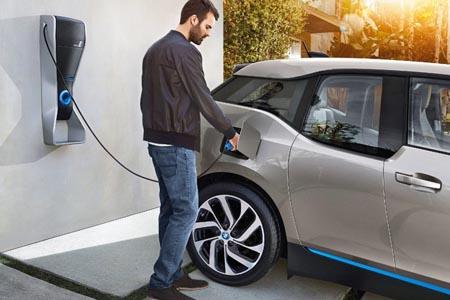
Electric vehicle charging for home is the most common and practical charging method, but to get the full driving range you should have the right charger. In this article, you will find out why Level 2 AC Fast EV chargers are the right fit for you.
What Are Level 1 and Level 2 EV Chargers?
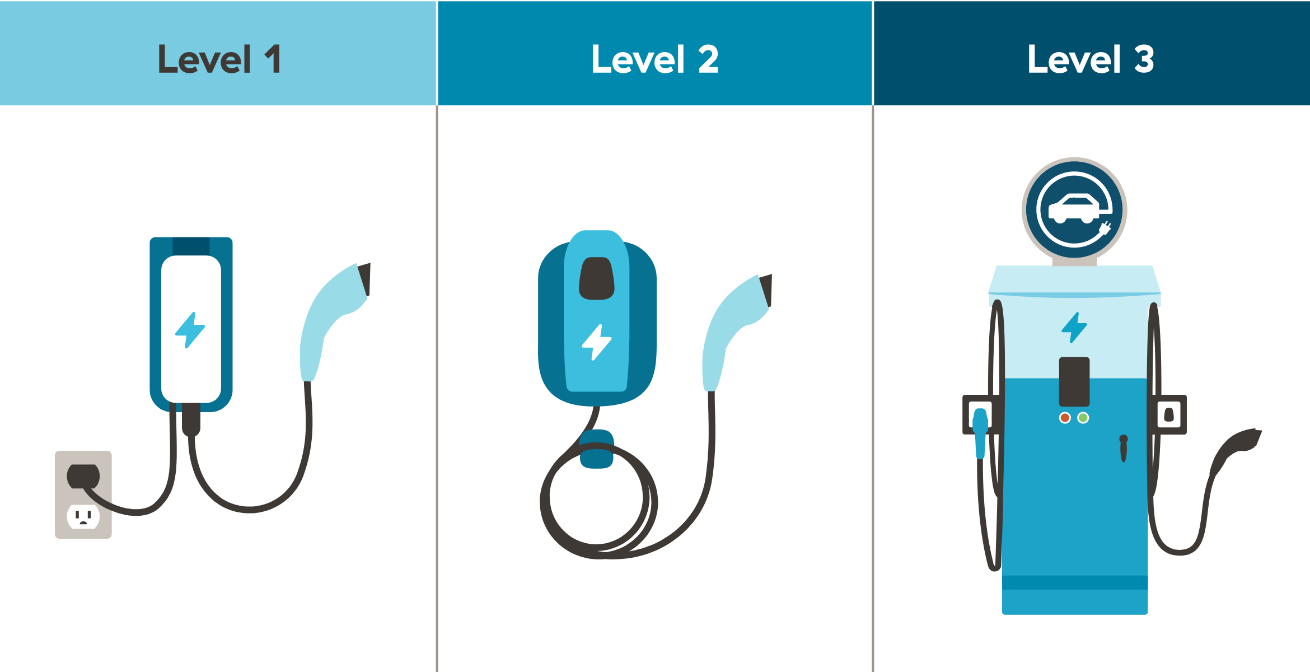
AC EV chargers are categorised into Level 1 and Level 2 chargers.
Level 1 Charging
A level 1 EV charger delivers a maximum power rate of 2.4kW or a load of up to 10 amps over a single-phase electrical connection. This charger type is also known as a trickle charger and it can be connected to a pre-existing electrical circuit to charge the EV. This type of charger features the same or similar specifications as the factory-issued EV charger that came with your EV.
Charging the 57.5kWh battery of the Tesla Model 3, the most popular EV in Australia, results in an estimated charging time of 24 hours. This type of electric vehicle charging for home takes too long to charge for daily usage. This is why Level 2 fast EV charging is the preferred choice for most people.
Level 2 AC Fast Charging
AC fast EV charging requires a level 2 electric car charger. This device features an electrical design that delivers enough power to the onboard EV charger to fully charge the EV battery overnight or in a couple of hours. There are two types of level 2 EV chargers, single-phase and three-phase chargers.
SINGLE: The single-phase level 2 EV charger can deliver a power rate range of 3.6kW – 9.6kW. Since the current flows through a single-phase and it can go as high as 41 amps, it is necessary to have a dedicated home electrical circuit. This should be installed by an electrician. An example of this type of charger would be the Zappi 7.2kW charger
THREE: A three-phase level 2 electric car charger features a power rate range of 3.6kW – 22kW. This device charges the electric vehicle as a three-phase balanced load, which equally splits the electrical current demanded through each phase (between 5-32A). This charger also requires a dedicated electrical infrastructure. This should be installed by an electrician.
For instance, a 9.6kW single-phase level 2 EV charger fully charges the 57.5kWh battery for the Tesla Model 3 in around 6 hours; more than enough time for an overnight charge.
A three-phase level 2 EV charger would only take around 2 hours and 30 minutes to charge the battery at 22kW, but this is not necessarily the case. In the following section you will understand why and understand the main charging limitation for EVs.
Does Your EV Charge at the Full Power Rate of the EV Charger?
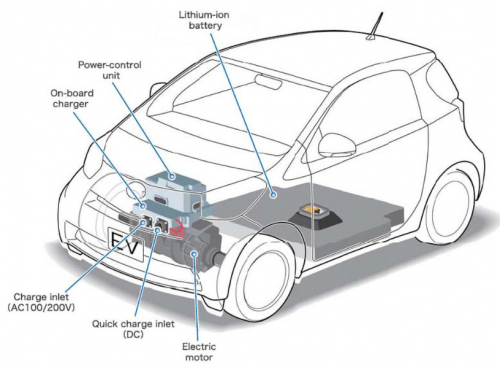
To reduce cost, weight, and heat dissipation in EVs, manufacturers generally limit AC charging to 7kW – 11kW. This is why a Tesla Model 3 cannot charge at full capacity of a 22kW (three phase) level 2 EV charger for instance.
Keep in mind that your EV charger determines the maximum charging capacity that the source of power can provide, while the on-board charger will limit the maximum overall charging power rate that the electrical car can accept.
This is why you must check what are the limitations for your on-board vehicle charger to make a wise decision. Some electric vehicles like the Renault Zoe or the Audi e-tron 55 have a 22kW on-board charging capacity which makes them perfect for a 22kW three-phase charger for instance. However, most vehicles generally have AC limits between 7kW – 11kW, although this is likely going to increase over time.
While you will still be able to safely charge the EV using a higher capacity EV charger, you may also go with a lower power rate capacity option that fits within your onboard charger rating.
The Size of the Battery Will Also Determine the Estimated Charging Time
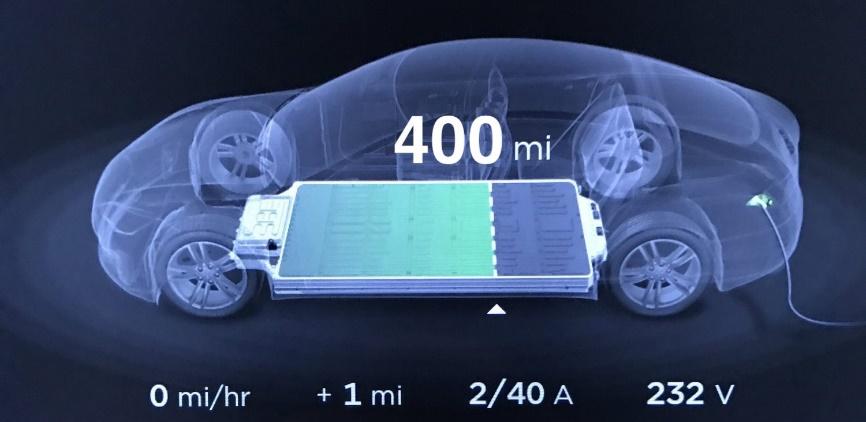
Considering the battery size for your EV will also help you determine whether you need a faster EV charger. A small battery will charge faster and require a smaller charger, while a bigger size battery will require a larger charger for fast charging.
For instance, the MG ZS EV has a 7.4kW onboard charger and a 50kWh battery capacity. This EV would be just perfect for a 7.2kW level 2 single-phase charge as it would be able to fully charge the vehicle in 6 and a half hours. On the other hand, a level 1 EV charger would be 20 hours, which once again is too long.
Now if we compare with an Audi e-tron 55 that has a 95kWh battery, even a 7.2kW EV charger it would take about 14 hours for a complete charge. In these cases, considering higher capacity level 2 EV charging stations would be important, maybe even a 22kW three-phase EV charger like the Wallbox Pulsar Plus (if your household electrical connection allows it) as it could reduce the charging time to just about 4-5 hours.
Consider Your Driving Habits to Truly Determine the Best EV Charging Station for You
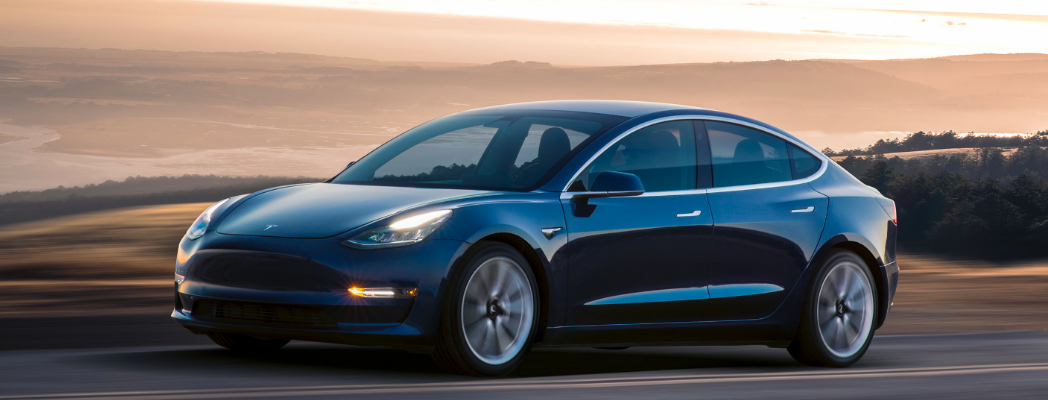
Hybrid EVs may do well with a level 1 EV charger, but most Battery EVs (BEVs) will require a level 2 EV charger. Even though a level 2 electric car charger is usually the best choice for most EV drivers since it can charge an EV overnight, it is important to also consider the driving habits of each particular person. Some EV drivers do not use their vehicles on a day-to-day basis. In these cases, a level 1 EV charger might just do the job, however, we still recommend a level 2 EV charger allowing you to charge quickly in case of urgent charge.